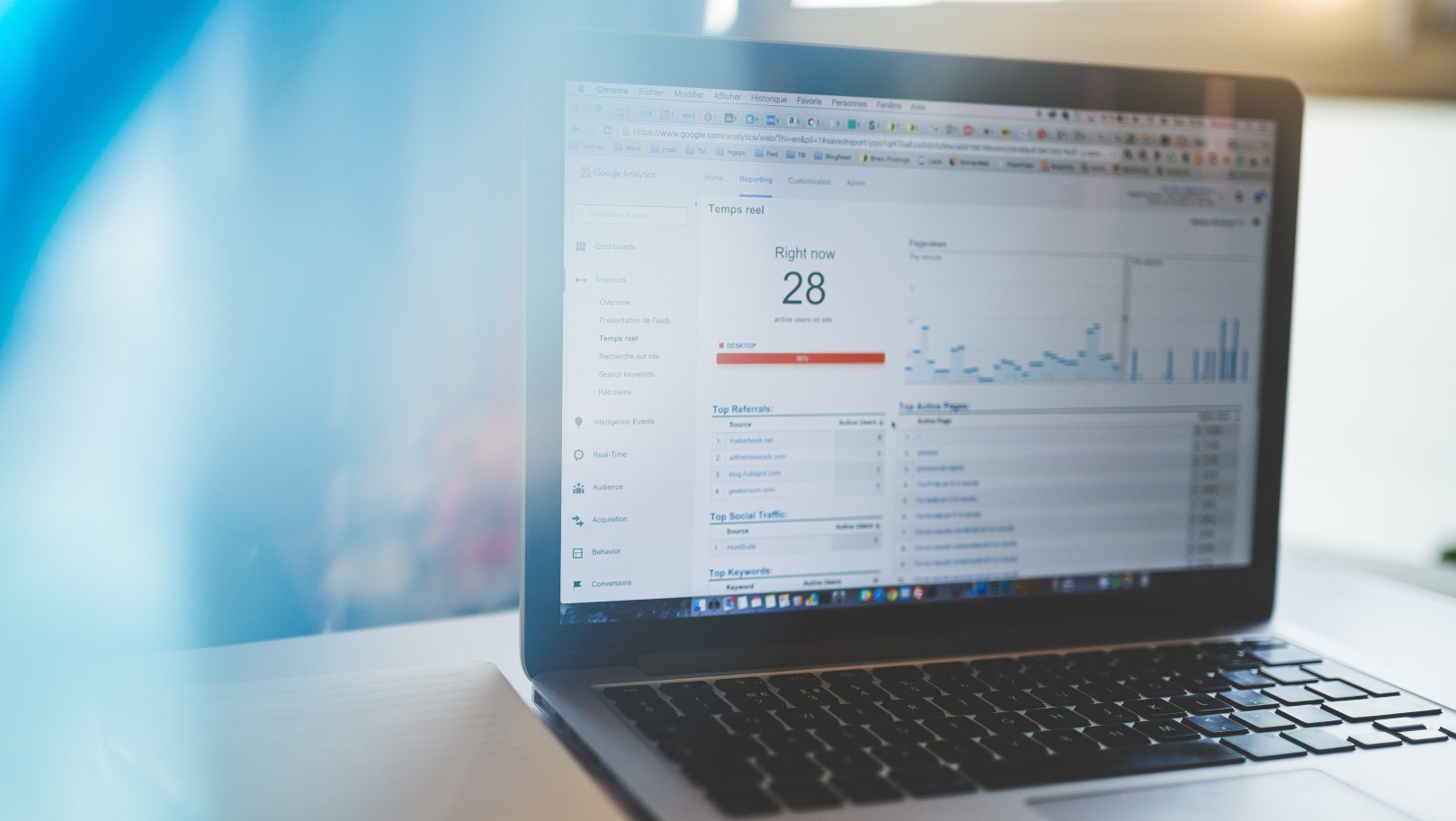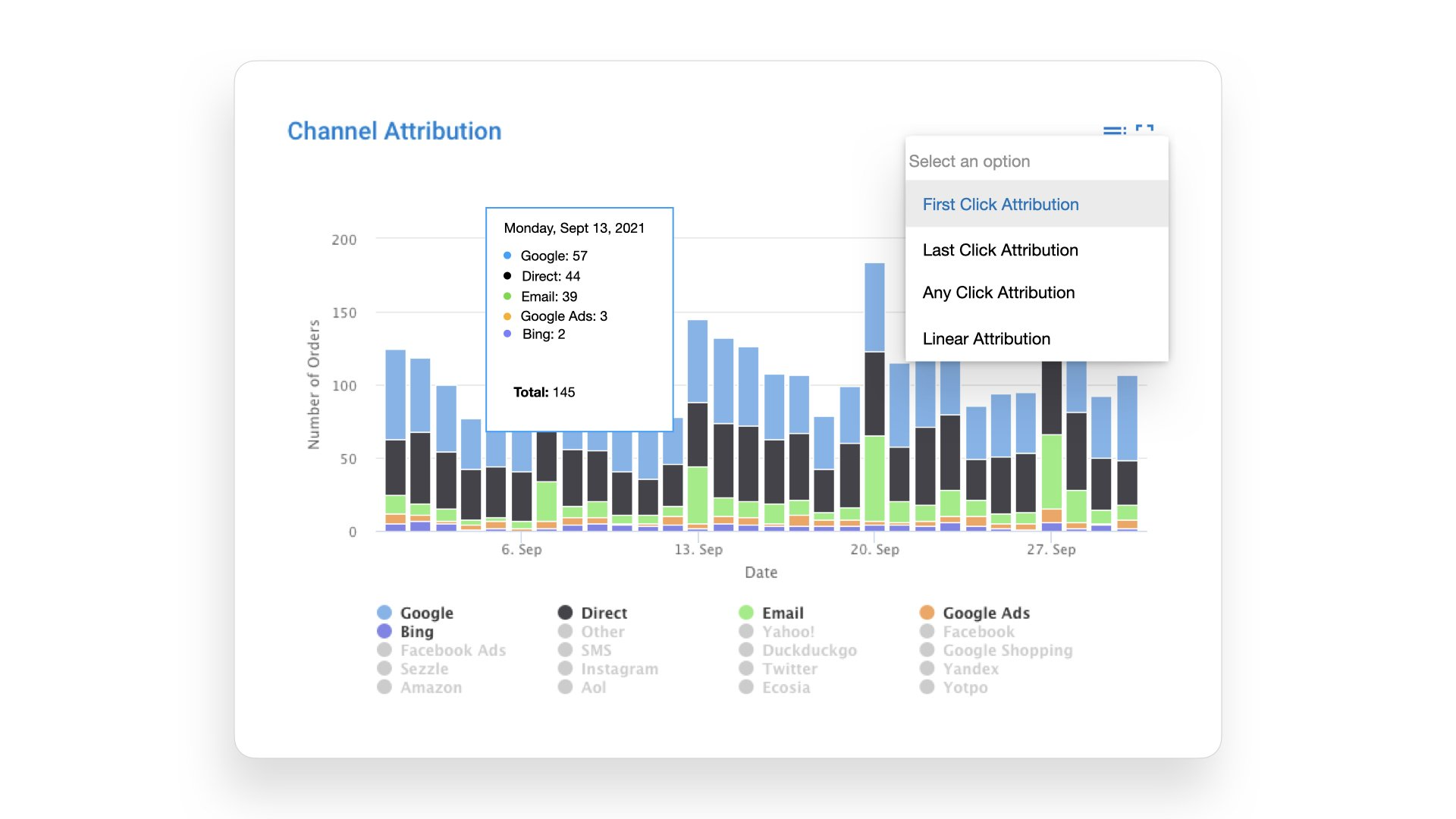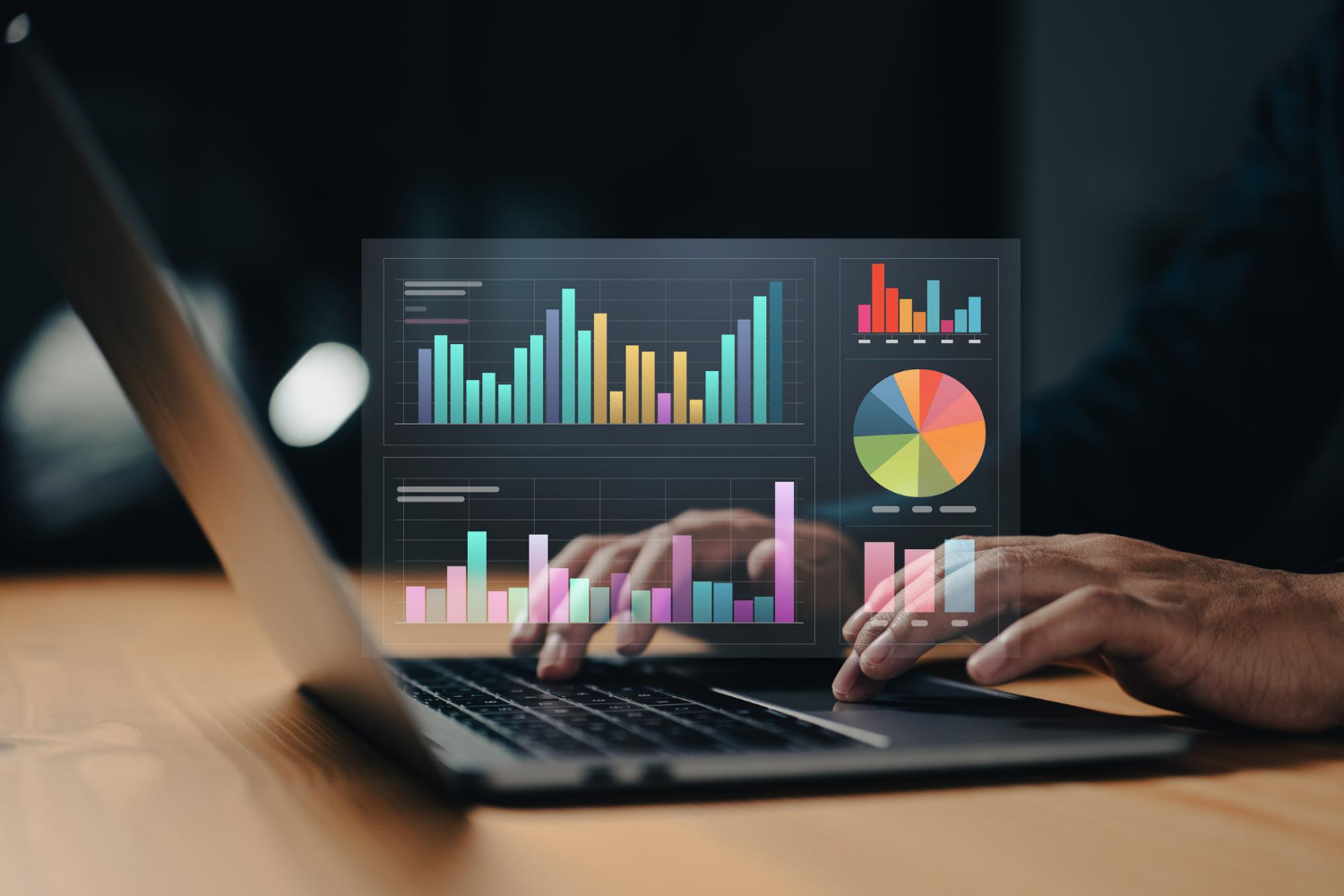How Google Analytics 4 is Changing its Data Privacy Approach
Google has been working on a complete overhaul of GA with a new version called Google Analytics 4 (GA4) to address privacy issues. GA4 is changing the paradigm of how key web analytics metrics are
measured and also wouldn’t collect IP addresses and other key identifying information.
If your marketing budget is primarily spent on Google, then GA4 will continue to add value for you due to its tight integration with all the Google marketing tools. In other cases, since the move to GA4 is equivalent to implementing a brand new web analytics tool, this is the right time to seek balance in data ownership, future proofing with privacy compliance in mind, and expand the actionable insights footprint.
The Caveats of Implementing GA4
For most businesses, this means spending a few thousand to hundreds of thousands of dollars on consultants or agencies to make this switch. Besides the cost of making the upgrade, there are several other problems related to this new GA version.
Loss of Historical Data
Businesses stand to lose their historical data with this move due to incompatibility of the new version with the current version. With GA4, you will not be able to do year-over-year analysis until you build a year’s worth of data. This is one reason to upgrade to GA4 sooner rather than later.
Loss of Traditional Metrics
GA4 changes the measurement paradigm, and this means that businesses may lose some metrics that they rely on currently. There are several articles by many GA experts on how GA4 is unusable. Here is one, Google Analytics 4: drawbacks and limitations—is it worth sticking around (searchenginewatch.com)
Privacy Compliance is Not Guaranteed
There is no guarantee that GA4 will be compliant with GDPR or other emerging privacy laws like CCPA (California), LGPD (Brazil), etc. So, this upgrade may not be the answer to your data privacy
problems.
The Existing Gaps in Marketing Analytics Remain
Google Analytics is a web analytics product that integrates well with other Google Ad products. Many businesses use other marketing and advertising channels and want web analytics metrics in context across all channels. This has been a key limitation of the existing GA, and this limitation will not go away with GA4.
What Does This Mean for You?
If you haven’t yet given thought to the new GA4 upgrade, the time is now. From July 2023, GA4 will be the default version. It would be best if you talked to your marketing agency or looked for consultants who could help you upgrade. There are several resources on the web. We at LayerFive are happy to help you identify the right partner.
Take this opportunity to evaluate your business metrics holistically. With data privacy taking center stage, there is a shift in collecting and using first-party data and data ownership. Also, while the traditional marketing funnel remains an important part of the marketing process, there is more
emphasis on the marketing flywheel: customer engagement, retention, and turning customers into advocates. This requires new metrics typically not addressed by web analytics software like GA.
Key Business Metrics Framework
There are four levels of marketing metrics you should consider.

Web Analytics
The following metrics fall into this category:
- Visits (new vs. returning)
- Visitors (new vs. returning)
- Events (e.g., page views, add to carts, purchases, white paper downloads, form fills, video views, etc.)
- Derived metrics from these e.g. top traffic sources, interactions/visit, conversion% etc.
Dimensions to break down these metrics:
- Referral Source/Channel
- Demographics (location)
- Device Type (mobile/desktop, browser type, iOS/Android etc)
- Website page (landing page visits, visits/page etc)
Identify what metrics and breakdowns you are currently using for decision -making. Ensure that these are available in GA4 or your replacement web analytics software.
Web Analytics + Attribution
If you are looking for a true impact of your ad dollars on your top line, then GA4 will not give you the right insight. Moreover, ad platforms report the most optimistic performance numbers as they have limited visibility into everything else you are doing and have no incentive to give you a realistic performance number.

If attribution is important to you, look for a tool that can provide insight in a more meaningful, actionable manner.
Here are the features of a good attribution tool:
- It gives you the real Return on Ad Spend (ROAS), and Cost per Acquisition (CPA) metrics
- It covers customer journey insight as well, since good attribution measurement is not possible without a deep understanding of the visitor’s journey
- Are typically expensive
If you advertise on Google, Meta, and LinkedIn, and use email and SMS for marketing as well, you have five different tools that report performance. Even if each of these tools gives you good metrics individually, their combined effect on your topline growth could be different. GA or GA4 will not solve this for you. We are biased, but we believe that LayerFive has the market’s best and most affordable attribution tool.
Web Analytics + Attribution + Aggregate Marketing/Ad Performance Reporting
There are many tools like funnel.io, super-metrics, and others available in marketing that aggregate data from across different marketing tools.

However, such platforms will only do data aggregation and will not do attribution. Evaluate how much time, effort, and cost you are spending on aggregating data from across marketing/ad platforms and consider if your web analytics platform should cover attribution and data aggregation. LayerFive combines all this into a cost-effective platform.



